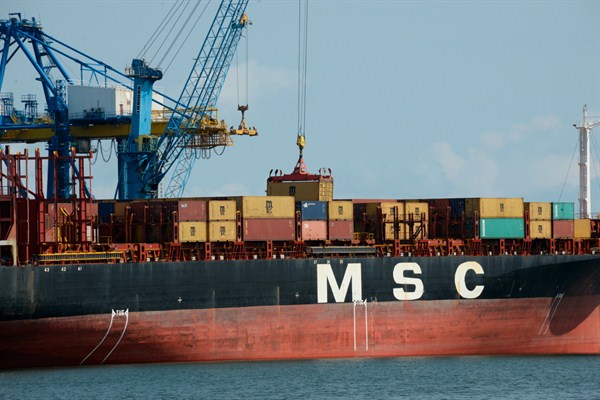Editor’s Note: Every Friday, Andrew Green curates the top news and analysis from and about the African continent.
It took four years of discussions, but the African Continental Free Trade Area, or AfCFTA, is officially operational. African leaders gathered in Niger’s capital, Niamey, last weekend to launch the trade zone, which they hope will create a $3.4 trillion economic bloc and bolster development across the continent.
AfCFTA got a late boost when Nigeria, the largest African economy, agreed Sunday to sign on, but that’s no assurance that the bid for a single unified market will be a success. Every African nation but Eritrea has signed the general agreement, but only about half have actually ratified it.

